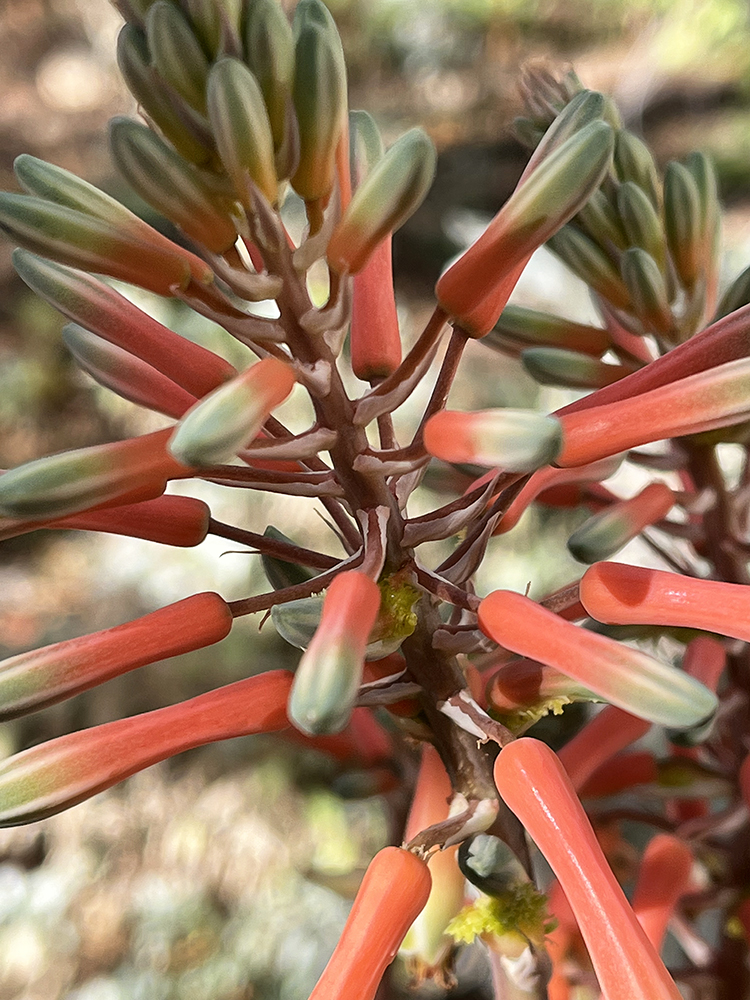Recent neuroscience research shows that going on walks, while looking for things that inspire childlike wonder, can promote wellness and decrease stress. Awe walks are affordable, accessible, and uplifting, and have been shown to reduce stress and promote emotions like empathy and compassion.
Today at South by Southwest® and the University of Arizona Wonder House, Arizona Arts is offering an opportunity to go on an Awe Walk, led by Jennie Gubner and Sydney Streightiff.
Gubner is an Assistant Professor of Ethnomusicology and as Chair of an Interdisciplinary Graduate Program in Applied Intercultural Arts Research. Sydney Streightiff is a PhD student in this program who holds a Masters in Oboe performance. Central to the values of this innovative new MA/PhD program is a commitment to finding ways to generate research outcomes that are usable by communities in addressing contemporary social issues.
The two educator-researcher-artist-activists share an interest in building bridges between the arts and health sciences. And following this experience at SXSW in Austin, the next goal is to develop creative awe walking groups at the University of Arizona as part of a campus-wide initiative dedicated to promoting the role of arts in healthy aging.
>> More on Creative Encounters in Awe Walking research
>> Dr. Gubner discusses new intercultural research program
>> Arizona Arts in Austin





Creative Encounters in Awe Walking
The New York Times ran a story “An ‘Awe Walk’ might do wonders for your well-being,” based on a psychological study by Virginia Sturm, an associate professor of neurology at the University of California-San Francisco.
“In the study, people who took a fresh look at the objects, moments and vistas that surrounded them during brief, weekly walks felt more upbeat and hopeful in general than walkers who did not,” the article noted. The findings are subjective but indicate that awe walks could be a simple way to combat malaise and worry. They also underscore that how we think and feel during exercise can alter how the exercise alters us.
“Feeling a sense of awe also seems to up our overall feelings of gladness and improve health … In past studies, people who reported feeling awe also tended to have less emotional stress and lower levels of substances related to body-wide inflammation.”
After speaking with Dr. Sturm about her study, Gubner and Streightiff tested different ways to craft bridges between awe walks and different forms of creative documentation and creative social engagement.
And what they landed on initially is to theme the walks — give people something awe-generating to look for on the walk — take pictures and share those images.



“What do awe walks feel like?” Gubner asked in the study. “How might an image, or a set of images, be used to recall or bring someone else into a moment or series of moments of awe? Could the creative documentation of awe walks encourage more awe walking for the walker and/or those who saw their creations?
During the initial tests, the process evolved organically.
“Far from having our paths mapped out clearly from day one, we allowed our process to wander down side roads and unmarked paths, some detours leading back to the main path and others to exciting new trails.”
In Austin, the Awe Walking themes are Patterns and Textures, Color, Tiny Things, Creativity and Light.
“We recommend focusing on a particular theme because we have found that initially the idea of looking for awe can feel very abstract,” said Streightiff. “The theme gives an awe-walker something to focus on making the walk more of an adventure. In the online workshops that we have done we have seen it spark conversations as people see connections between the images.”
About Streightiff
Sydney Streightiff is a PhD student and oboist in the Applied Intercultural Arts Research Graduate Interdisciplinary Program at the University of Arizona. Sydney also received her Master’s in Music Performance from the University of Arizona during which she became drawn to research that promotes the use of art to promote health and wellness in musicians. Currently, she is working for the strategic initiative, Innovations in Healthy Aging, at the University of Arizona to build programming around the theme of Aging and the Arts. She manages a monthly poetry circle that centers around building intergenerational relationships through conversation. Recently she traveled to Greece to participate in the Encounters project, an international research project that focuses on the intersection of ethnography, arts and pedagogy. It is through this project that she started studying Awe with Dr. Gubner in which she is interested in how finding and sharing Awe can impact someone’s day to day life.
About Dr. Gubner
Dr. Jennie Gubner is a socially engaged ethnomusicologist, visual ethnographer, and violinist. She holds a PhD in ethnomusicology from UCLA and works at the University of Arizona as Chair of a Graduate Interdisciplinary Program in Applied Intercultural Arts Research and Assistant Professor of Music.
Her research interests include Latin American popular music with a focus on intergenerational tango music scenes in Buenos Aires, creative and applied approaches to the study of music and dementia and aging, ethnomusicological filmmaking, public and multimodal approaches to ethnography, and the use of the arts and arts-based research methods to promote intercultural community health and wellness. In 2019, she became an Atlantic Fellow for Equity in Brain Health at the Global Brain Health Institute in San Francisco.
Her current research projects involve building and documenting a house-calls musical serenade program for LatinX older adults in Tucson and designing an interactive digital map to promote creative encounters in awe walking. As a violinist she loves playing folk and popular music styles from North and South America.

Together we elevate the arts …
Support Arizona Arts
Find your creative community …
Become a Wildcat
@UArizonaArts | #arizonaarts
